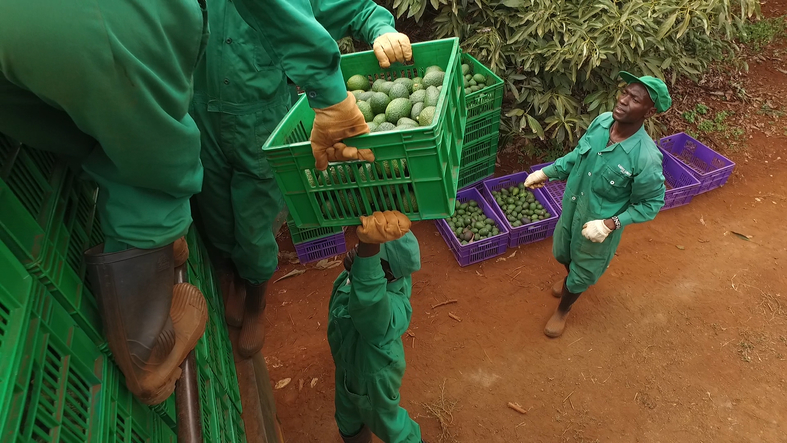Kenyan avocado farmers can boost their income by up to 39 per cent by exporting the fruit to the European market.
According to the International Food Policy Research Institute, a Washington-based research institute and partners on their research report issued yesterday, a dozen of Hass avocado variety that sells for about Sh3.5 in domestic markets can fetch almost Sh6 in export markets.
However, small-scale Kenyan avocado farmers are typically unable to take advantage of the higher prices paid abroad due to insufficient capital, poor infrastructure and the high costs of meeting stringent export standards, the study finds.
Currently, the researchers note, only a few small-scale avocado farmers, mostly in Murang’a County in Central Kenya, are linked to export markets through contract farming.
RELATED CONTENT: Dubai fresh produce importer looking for avocado, orange and dragon fruits suppliers
Despite growing international demand, avocado exports from Kenya have been declining as a share of the total production of the crop.
That share now stands at 10 percent, far less than the export rate for avocado production in competitor nations such as South Africa and Chile, the study notes.
“Providing households access to foreign markets and up-to-date information on-farm technology, along with the dissemination of simple and domestically invented technologies, could achieve higher farm incomes, revenues and sales prices,” said Mulubrhan Amare, the study's lead author.
RELATED CONTENT: How to grow avocados for export

Workers parking harvested avocadoes in a track for transport. Photo courtesy.
In addition to raising small farmers' incomes, avocado exports bring higher pay for hired labourers, the researchers say.
Family labour inputs on avocado-exporting small farms increase by about 15 days a year, with female workers accounting for most of that addition, the study reports.
RELATED CONTENT: Kephis introduces new requirements for avocado producers and exporters to South Africa
Based on survey data from large-scale avocado farmers in Kenya, the study found that those who participated in export markets were older and better trained than farmers who did not sell to foreign markets.
Farmers who exported also had higher likelihood of living near a well-functioning avocado farmers’ group, the study notes.
















Comments powered by CComment